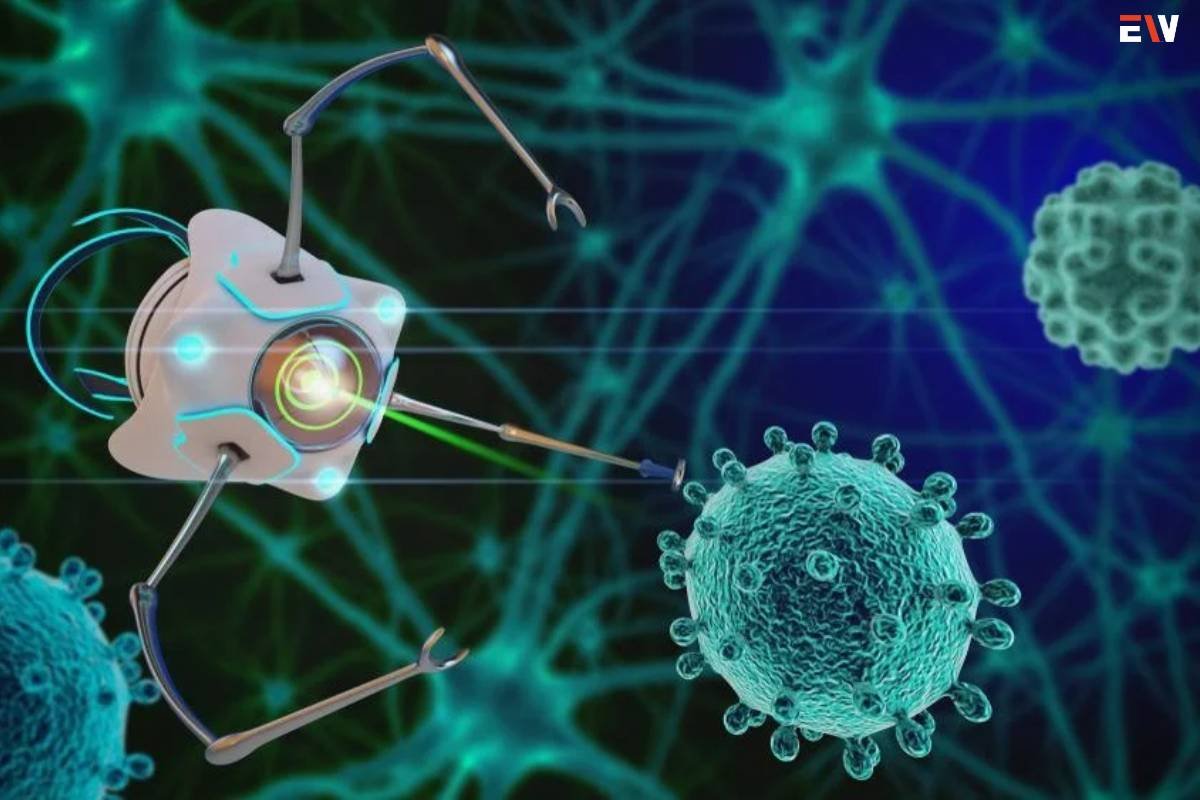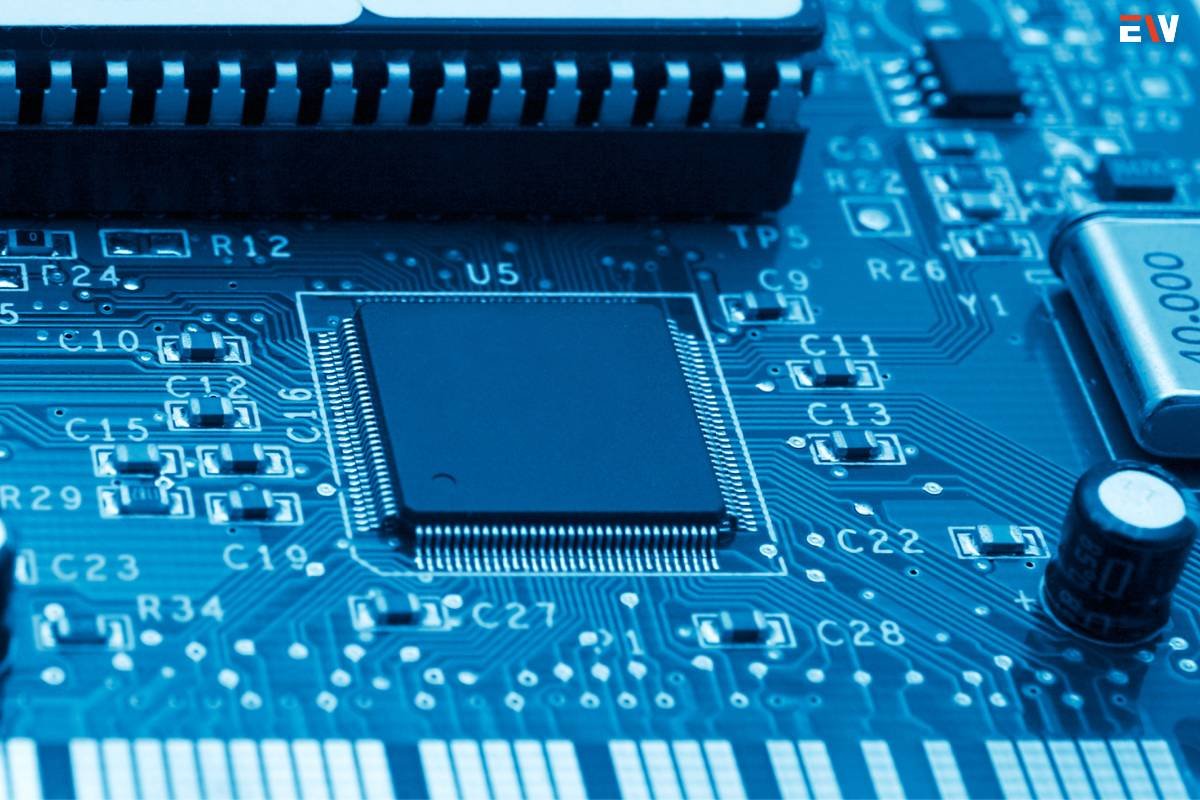Nanotechnology, a field nestled at the intersection of science, engineering, and innovation, delves into the manipulation and application of materials at the nanoscale. This article unravels the intricate world of Nano-technology, exploring its foundational principles, diverse applications across industries, the potential impact on various sectors, ethical considerations, and the promising future it heralds.
Understanding Nanotechnology
1. Definition and Scale
Nano-technology operates at the nanoscale, dealing with materials and structures typically sized between 1 to 100 nanometers. To put this in perspective, a nanometer is one billionth of a meter, highlighting the precision and minuteness inherent in this field.
2. Interdisciplinary Nature
Nano-technology draws from physics, chemistry, biology, and engineering. Its interdisciplinary nature allows scientists and engineers to collaborate on projects that harness the unique properties exhibited by materials at the nanoscale.
3. Manipulating Properties
At the nanoscale, materials often exhibit distinct properties compared to their bulk counterparts. Nano-technology enables the manipulation of these properties, unlocking new potentials for materials in terms of strength, conductivity, reactivity, and more.
Applications Across Industries
1. Medicine and Healthcare
Nanotechnology revolutionizes medicine with applications such as targeted drug delivery, diagnostic imaging, and even nanorobots for precise medical interventions. These advancements offer enhanced treatment efficacy while minimizing side effects.
2. Electronics and Computing

In electronics, nano-technology facilitates the development of smaller and more efficient components. Nanoscale transistors and memory devices contribute to the continual evolution of faster and more powerful computing systems.
3. Energy Harvesting and Storage
Nanomaterials play a pivotal role in energy applications. From more efficient solar panels to advanced batteries with higher energy density, Nano-technology contributes to sustainable energy solutions and storage innovations.
4. Materials Science and Manufacturing
Nano-technology enhances materials’ properties, leading to the creation of stronger, lighter, and more durable materials. These materials find applications in aerospace, automotive, and construction industries, transforming how we build and engineer.
5. Environmental Remediation
Nanotechnology offers novel approaches to environmental challenges. Nanomaterials can be designed to remove pollutants from air and water, providing efficient solutions for environmental remediation and conservation.
Recent Advancements
1. Nanomedicine Breakthroughs
Recent strides in nanomedicine include the development of nanoparticles for targeted drug delivery, allowing for more effective treatments with reduced side effects. Nanoscale carriers can navigate biological barriers, precisely releasing therapeutic agents at specific locations.
2. DNA Nanotechnology
The intersection of Nano-technology and DNA has led to innovations in DNA Nano-technology, where DNA strands are engineered at the nanoscale for applications ranging from drug delivery vehicles to nanoscale circuits, paving the way for unprecedented advancements in molecular-scale engineering.
3. Quantum Dot Applications
Quantum dots, nanoscale semiconductor particles, are finding applications in fields such as imaging, solar cells, and displays. Their unique optical and electronic properties make them promising candidates for next-generation technologies.
4. Nanophotonics and Plasmonics

Nanophotonics explores the interaction of light with nanoscale structures, while plasmonics involves the manipulation of electron density in metallic nanostructures. These fields are advancing technologies such as ultra-fast optical computing, high-resolution imaging, and efficient light harvesting.
Global Nanotechnology Initiatives
1. National Nanotechnology Initiatives (NNIs)
Several countries have launched National Nanotechnology Initiatives to coordinate and advance research in Nanotechnology. Examples include the National Nanotechnology Initiative in the United States and the European Union’s Horizon 2020 program, fostering collaboration and knowledge exchange.
2. Global Research Networks
Collaborative efforts extend beyond national borders, with international research networks facilitating cooperation on Nano-technology projects. Organizations like the International Nanotechnology Laboratory (INL) aim to pool global expertise for tackling challenges and sharing advancements.
Potential Impacts and Future Trends
1. Revolutionizing Medicine
The future holds promises of personalized medicine through Nano-technology. Tailoring treatments at the molecular level could lead to more effective and targeted therapies, minimizing side effects and improving patient outcomes.
2. Advanced Electronics and Quantum Computing
Nano-technology is pivotal in the development of quantum computing. The manipulation of quantum properties at the nanoscale opens doors to computing capabilities that surpass classical systems, revolutionizing data processing and encryption.
3. Nanotechnology in Agriculture
Precision agriculture could benefit from Nano-technology by offering solutions for targeted delivery of nutrients, pest control, and monitoring crop health. This could enhance agricultural efficiency and sustainability.
4. Nanomedicine and Disease Detection

Early disease detection using nanoscale sensors and imaging techniques is a burgeoning field. Nano-technology holds the potential to revolutionize diagnostics, enabling the identification of diseases at their earliest stages.
5. Challenges and Ethical Considerations
While Nano-technology presents tremendous potential, it also raises ethical considerations. Concerns include the impact on human health, the environment, and the potential misuse of nanomaterials. Balancing innovation with responsible development is crucial.
6. Safety and Regulatory Frameworks
Establishing robust safety measures and regulatory frameworks is imperative. Ensuring that the benefits of Nano-technology outweigh potential risks requires thorough evaluation and oversight to safeguard human health and the environment.
7. Public Awareness and Engagement
Educating the public about Nano-technology is essential for fostering informed discussions. Increased awareness promotes responsible decision-making, ethical considerations, and public support for advancements in the field.
Conclusion
Nanotechnology, operating at the frontier of scientific discovery, transforms the possibilities of what can be achieved at the smallest scales. From revolutionizing medicine to influencing electronics and manufacturing, the applications are vast and transformative. As we navigate the landscape of Nano-technology, it is crucial to tread carefully, considering ethical implications and societal impacts. By embracing responsible development, we can unlock the full potential of Nano-technology and usher in an era where the marvels of the minuscule shape a brighter and more sustainable future for humanity.










